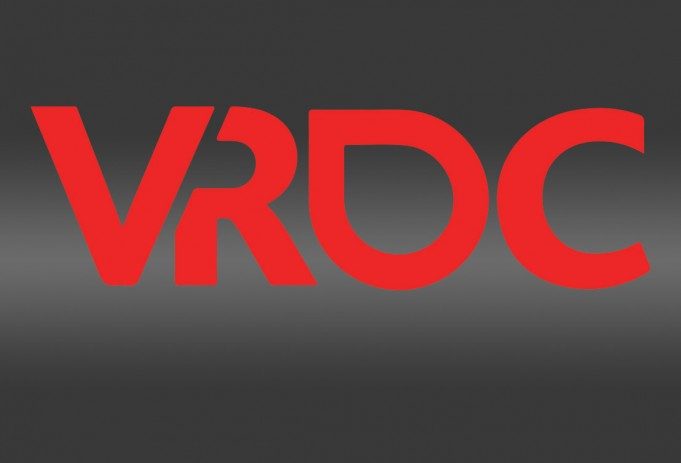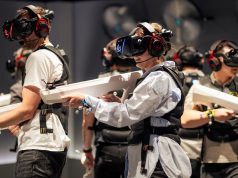UBM Tech, the company behind the annual Game Developers Conference and many other events across industries, is recognizing the continued explosion of consumer virtual reality by forming a standalone Virtual Reality Developers Conference to be held alongside their massive GDC event.
VRDC will be held alongside the GDC Summits (track-focused gatherings) during the first two days of GDC 2016 (March 14th–15th) in San Francisco. The organization says that the event will also encompass augmented reality and go beyond just gaming.
Programming for the conference will include valuable content for the burgeoning masses of VR game developers, storytellers, and creators looking to harness the uncharted potential of VR technology for 3D games, CG movies, actual filmed experiences and beyond.
A call for submissions to the event will be open from September 8th to October 2nd. Tickets to VRDC will also allow access to the main GDC Expo floor on March 16th–18th. Prices for the event have not yet been announced. GDC Summit or All-Access Pass holders will also get admission to VRDC.
Road to VR has been attending GDC specifically to report on the virtual reality happenings ever since 2013. The conference has been the site of some of the most important reveals for the growing VR industry.
GDC 2013 was the first time Oculus—at the time one of the only companies working on a consumer VR headset—attended the show and put conference goers into the just-released Rift DK1 headset. For many who tried the unit, some waiting upwards of two hours in line, it was the first time they’d ever tried a low-latency, wide field of view VR headset.
At GDC 2014, Oculus revealed their DK2 headset which was a substantial improvement over the DK1. This was the same show where, after much rumor and speculation, Sony revealed their surprisingly mature Morpheus VR headset.
At this year’s GDC 2015, Valve and HTC stole the show with demos of the HTC Vive and SteamVR, which impressed users with its room-scale tracking capability and motion input controllers. After my time in the system, I called it a “stage of constant presence.”










